Will The Next Pope Continue Francis's Legacy? The Conclave And The Future Of The Church
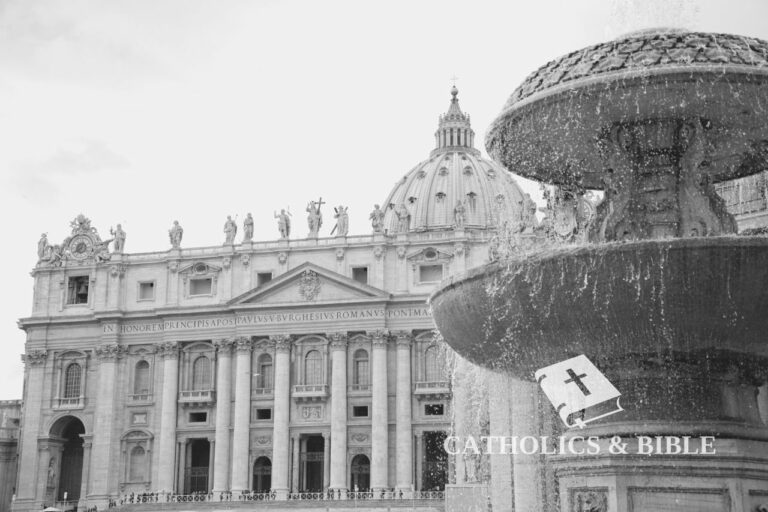
Table of Contents
Pope Francis's Key Policies and Initiatives
Pope Francis's papacy has been marked by a significant shift in tone and emphasis within the Catholic Church. His policies and initiatives have challenged traditional approaches and sparked considerable debate both within and outside the Church. Understanding these key actions is crucial to analyzing the potential direction of the Church under his successor. His legacy is multifaceted, encompassing profound reforms and a renewed focus on social justice.
-
Emphasis on Social Justice: Laudato Si, his encyclical on the environment, and his consistent focus on the plight of the poor and marginalized have become hallmarks of his papacy. This emphasis on environmental stewardship and social justice resonates deeply with many, particularly younger generations. His actions directly impacted the Church's approach to issues like climate change, poverty alleviation, and economic inequality.
-
Reforms within the Vatican Bureaucracy: Francis has undertaken significant reforms within the Vatican's financial structures and curial administration, aiming for greater transparency and accountability. This effort to address past scandals and promote financial integrity is a critical component of his legacy, aiming to restore trust and credibility within the Church.
-
Ecumenical Dialogue and Interfaith Relations: Pope Francis has prioritized fostering stronger relationships with other Christian denominations and faiths, promoting dialogue and mutual understanding. His commitment to ecumenism and interfaith cooperation represents a significant departure from previous approaches.
-
Approach to Issues Like Climate Change and Global Poverty: His papacy has seen the Catholic Church take a strong stance on environmental protection and fighting global poverty. These positions have placed the Church at the forefront of global discussions on these crucial issues.
-
Changes to the Liturgy and Emphasis on Synodality: Francis has encouraged a more participatory and less hierarchical approach to Church governance, emphasizing synodality – a process of walking together – to foster a more collaborative decision-making process. Changes in the liturgy, while subtle, reflect this emphasis.
Potential Candidates and Their Theological Stances
Speculation surrounds the potential candidates for the papacy, with many prominent cardinals emerging as possible successors. Analyzing their theological stances and comparing them to Pope Francis's positions provides insight into the potential future direction of the Church. The next Pope will undoubtedly be shaped by the current geopolitical and ecclesial landscape.
-
Profile of Leading Cardinals: Several cardinals are frequently mentioned in discussions of potential successors. Careful examination of their past statements, writings, and actions reveals their alignment (or divergence) with Francis's key policies.
-
Analysis of Their Past Statements and Writings: Scrutinizing the public pronouncements and published works of potential candidates helps understand their theological positions on crucial issues like social justice, ecumenism, and Church governance.
-
Potential Ideological Conflicts: The College of Cardinals is diverse, representing varying theological viewpoints. Potential ideological conflicts among these electors could significantly influence the selection process and the outcome.
-
Geographical Representation: The geographical representation of the cardinals will likely play a role in the conclave. The next Pope needs to effectively lead a global church, requiring consideration of various cultural contexts and perspectives.
Key Issues Facing the Next Pope
The next Pope will inherit a Church facing numerous challenges, demanding decisive leadership and innovative strategies. These issues will heavily influence the direction of his papacy and the continuation, or alteration, of Pope Francis's legacy.
-
Declining Number of Catholics in Western Countries: The dwindling number of practicing Catholics in the West poses a significant challenge, requiring creative approaches to evangelization and fostering faith in a secularized world.
-
The Ongoing Sex Abuse Crisis: The sex abuse crisis continues to cast a long shadow over the Church, requiring ongoing efforts to address the issue with transparency and accountability. This remains a critical element in restoring trust and credibility.
-
Internal Divisions within the Church: Internal disagreements regarding liturgical practices, theological interpretations, and Church governance create divisions that demand careful navigation by the next Pope.
-
The Church's Role in a Secularizing World: The Church must adapt to a world increasingly secular and pluralistic, finding ways to engage with contemporary culture while maintaining its core beliefs.
-
The Church's Stance on Global Ethical Issues: The Church's position on issues such as abortion, euthanasia, and LGBTQ+ rights remain highly contentious and will require nuanced and sensitive leadership.
The Conclave Process and its Influence
The papal conclave, a secluded and secretive process, is central to the selection of the next Pope. Understanding this process illuminates the factors that influence the outcome and the potential for continuity or change in the Church's direction.
-
The Role of the College of Cardinals: The College of Cardinals, comprised of electors, holds the responsibility of selecting the next Pope through a series of ballots. Their individual views and theological perspectives significantly impact the eventual choice.
-
Potential for Compromise and Consensus-Building: The conclave necessitates negotiation and compromise among the cardinals, potentially leading to a candidate who represents a consensus position, or a surprising outcome.
-
Factors Influencing Cardinals' Decisions: Numerous factors influence the cardinals' decisions, including political considerations, theological viewpoints, and a candidate's perceived ability to address the Church's challenges.
Conclusion
The question of whether the next Pope will continue Pope Francis's legacy remains central. The potential candidates represent a range of theological viewpoints and approaches, and the key issues facing the Church demand decisive leadership. The conclave's outcome will significantly shape the future direction of the Catholic Church. The selection process and the eventual choice will determine the evolution of Pope Francis's legacy. Follow our ongoing coverage to stay informed about the election of the next Pope and the implications for Pope Francis's legacy. Learn more about the candidates and the issues at stake by [link to related articles/resources]. Understanding the choice of the next Pope is crucial to understanding the future of the Church and the continuation, or evolution, of Pope Francis's legacy.

Featured Posts
-
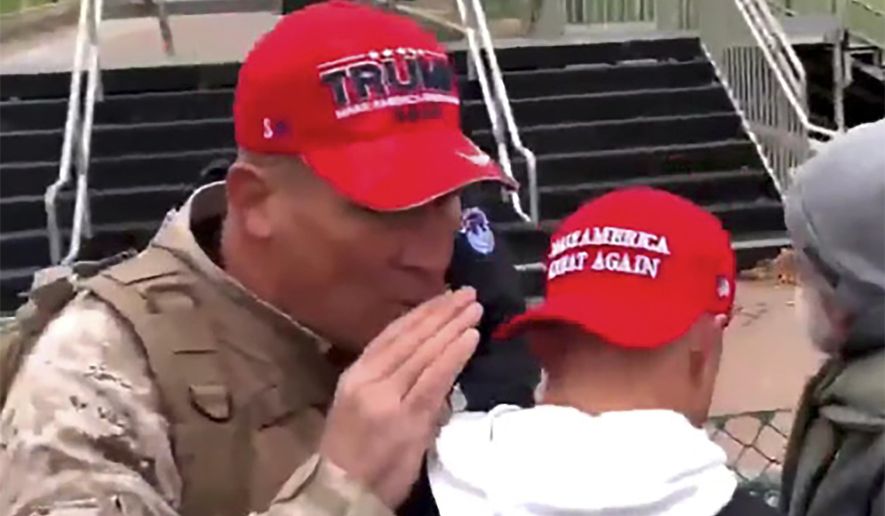 Trump Supporter Ray Epps Defamation Suit Against Fox News Jan 6th Falsehoods Allegations
Apr 22, 2025
Trump Supporter Ray Epps Defamation Suit Against Fox News Jan 6th Falsehoods Allegations
Apr 22, 2025 -
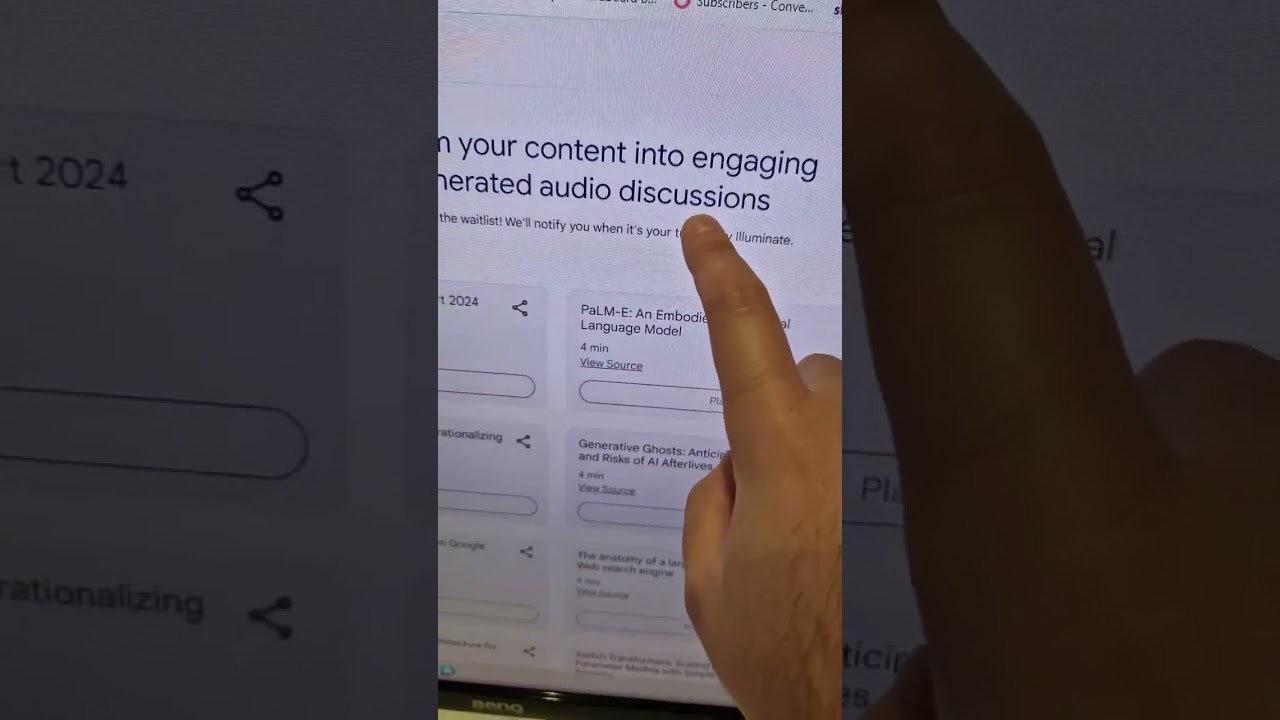 Ai Digest Transforming Repetitive Documents Into Engaging Poop Podcasts
Apr 22, 2025
Ai Digest Transforming Repetitive Documents Into Engaging Poop Podcasts
Apr 22, 2025 -
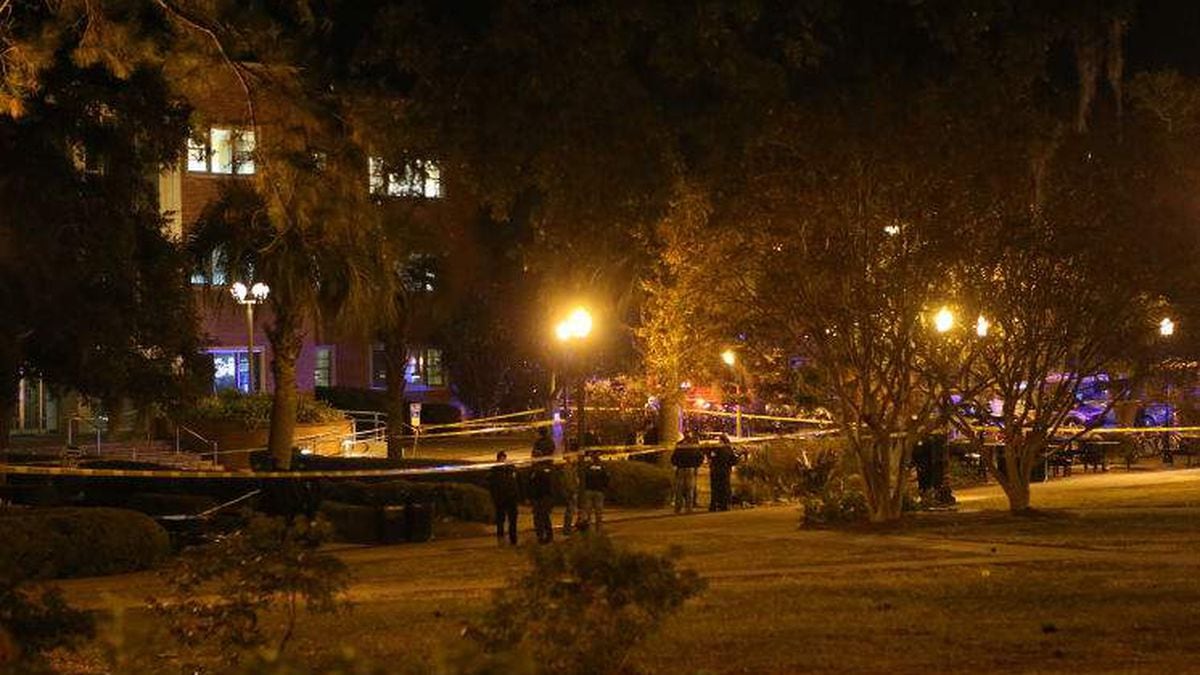 Debate Swirls After Fsu Unveils Post Shooting Class Resumption Option
Apr 22, 2025
Debate Swirls After Fsu Unveils Post Shooting Class Resumption Option
Apr 22, 2025 -
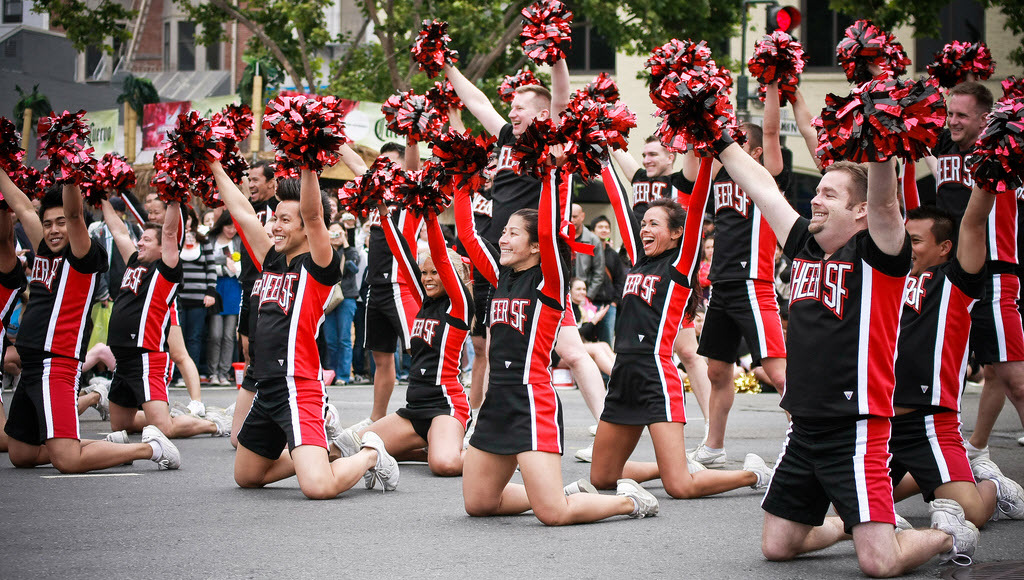 Brace For More Stock Market Losses Investors Defy Gravity
Apr 22, 2025
Brace For More Stock Market Losses Investors Defy Gravity
Apr 22, 2025 -
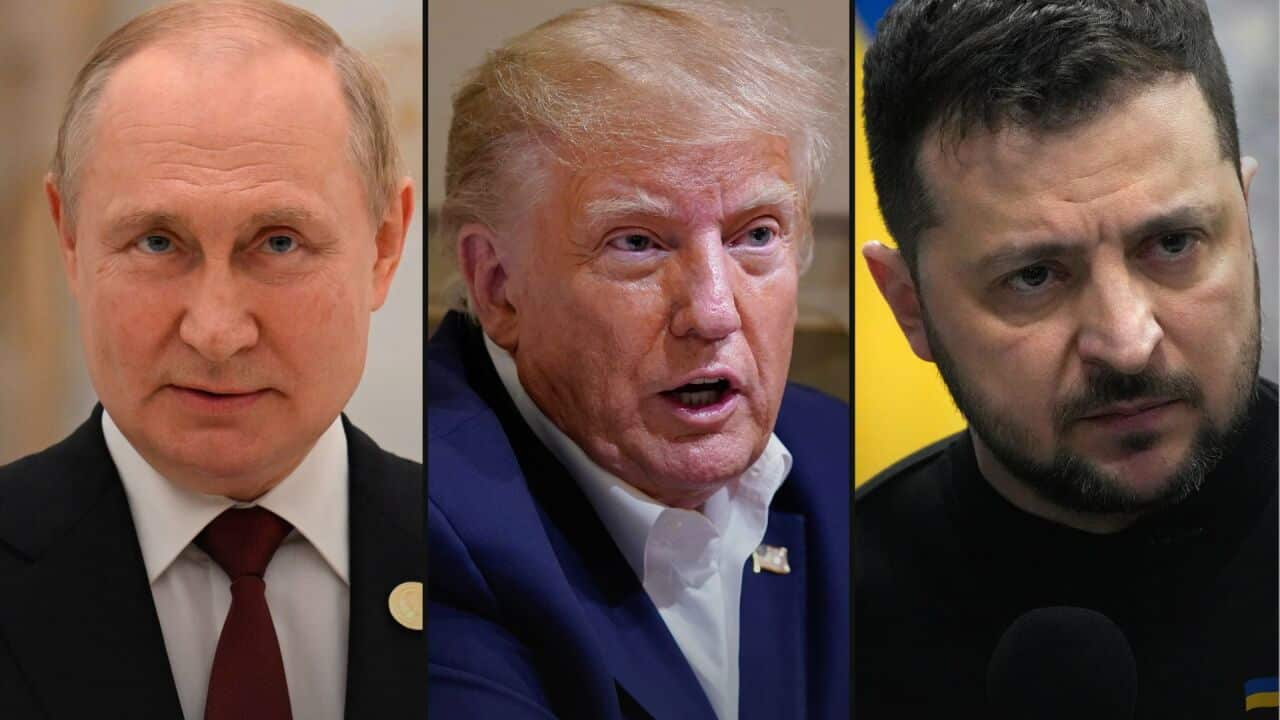 Kyivs Dilemma Responding To Trumps Plan To End The Ukraine War
Apr 22, 2025
Kyivs Dilemma Responding To Trumps Plan To End The Ukraine War
Apr 22, 2025
